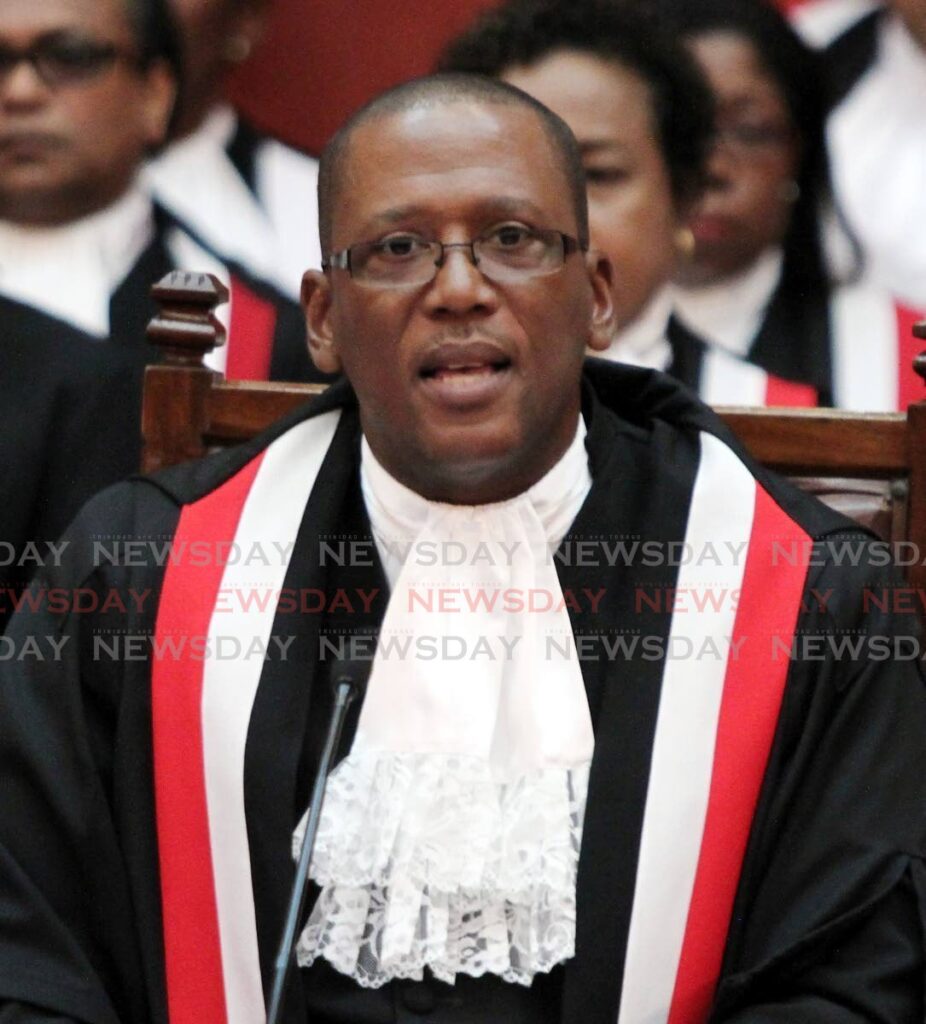Keep politics out of bail

THERE are fundamental and far-ranging implications to the Court of Appeal’s ruling on Thursday setting aside the decades-old automatic ban on bail for murder.
In a case which appears destined for the Privy Council, the court found a murder accused should have the opportunity in law to apply for bail. Currently, the Bail Act prevents this, deeming murder – as a capital offence punishable by death – as non-bailable.
However, the ruling of Chief Justice Ivor Archie and Justices of Appeal Mira Dean-Armorer and Malcolm Holdip opens the door to a judge hearing the merits of each case – inclusive of security implications – and exercising discretion on the issue of granting bail to a person charged with murder. In short, the power of the court is bolstered.
The judges found the legislature had overstepped the bounds of its own authority in enacting provisions not reasonably justifiable in a society which has proper respect for the rights and freedoms of the individual.
This case is one that is about the appropriate limits of state power vis-a-vis the judiciary. It is also one that is about the criminal justice system’s impact on those subject to it. For these reasons, we do not think it appropriate for this issue to be politicised.
Bail legislation – just like anti-gang measures – have too often in the past been mere political footballs. Nobody wins.
Whatever the outcome of any appeal, the implications for the justice system as a whole are profound.
Even a person accused of murder must be presumed innocent until proven guilty. Yet time and time again we have seen instances of individuals subject to imprisonment on remand for years and even decades on end, as though they are serving an extra-judicial sentence.
There have been cases which, having finally reached the trial stage, collapsed with the implication being there was inadequate evidence against the accused to begin with.
Potentially, giving the judiciary more oversight as to who remains in prison and who does not might temper some of the injustices caused by a faltering criminal justice system which seems perpetually bogged down by delays, inefficiency and questionable detection.
The court’s ruling could, ironically, force the State to take bolder, more definitive action to reform the justice system in order to bring about speedier, more efficient proceedings. That would be an outcome more favourable to the interests of all involved: the victim’s families seeking justice, the accused person seeking exoneration and society as a whole.
At the same time, bail must not be viewed as a salve to paper over the festering sore of undue delays in the justice system, to wit criminal indictments. We are spinning top in mud if we simply shift the burden of one set of problems from one area to another.
Instead of waiting on the Privy Council to rule, Parliament should take the bull by the horns and give law enforcement authorities and the criminal justice system the overhaul they so badly need.


Comments
"Keep politics out of bail"